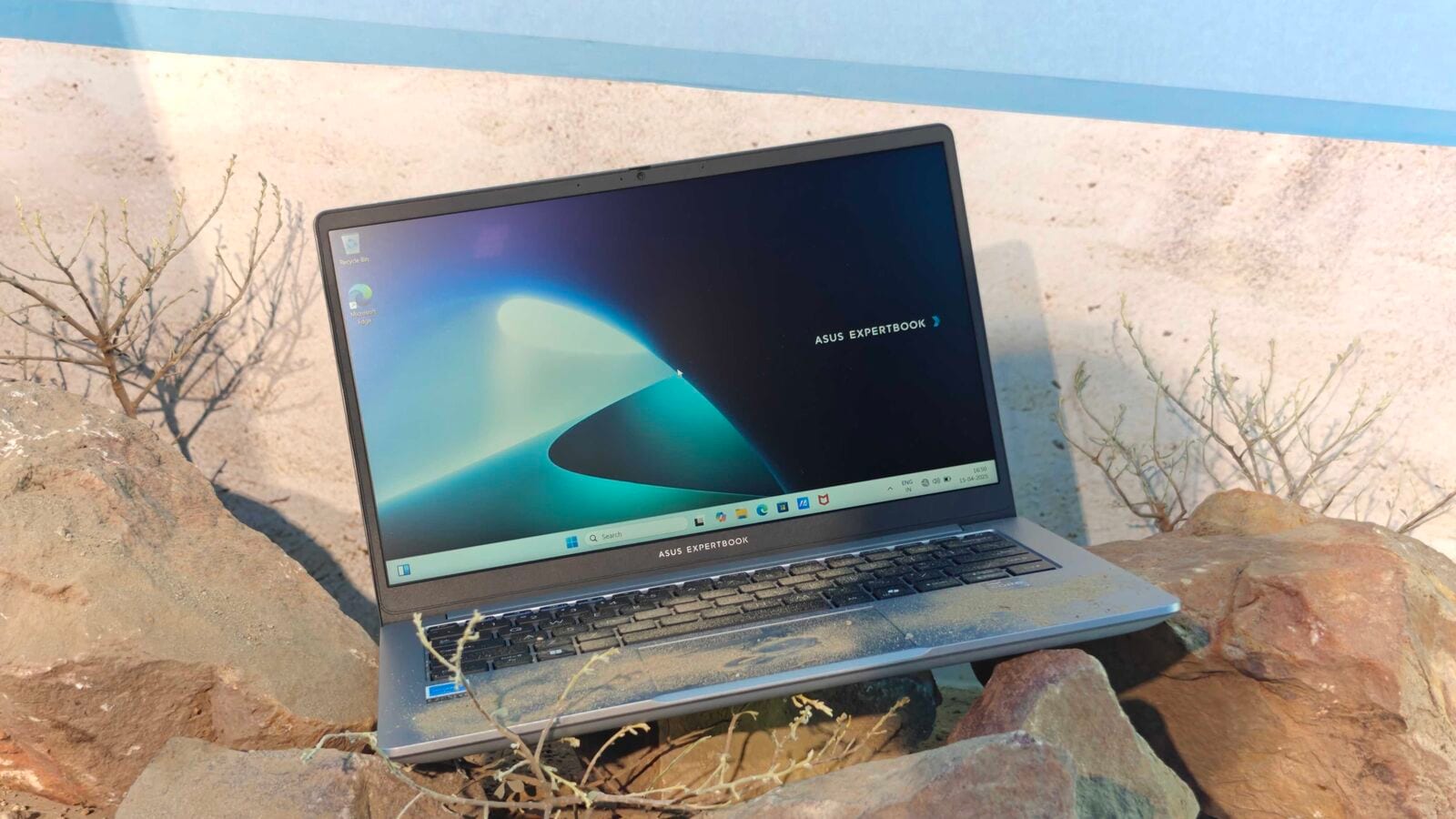Foreign Crypto Companies Make Inroads
Last month, Paolo Ardoino, the chief executive of the Foreign Crypto Companies Tether, joined business executives and U.S. lawmakers for a private lunch at the Willard, a luxury hotel near the White House.
For years, Tether had faced accusations that it lied about its finances and allowed crime to flourish on its platform. But at the Willard, Mr. Ardoino and other crypto leaders were warmly greeted by Senator Bill Hagerty, a Tennessee Republican on the Senate Banking Committee, who attended the lunch and participated in a group discussion about digital currency regulations and national security, according to four people with knowledge of the event.
The episode was a sign of the changing landscape for crypto firms as President Trump has embraced the industry. Once an elusive overseas operator with little public footprint in the United States, Tether is capitalizing on the shift to establish a presence in Washington.
Since Mr. Trump’s inauguration, Tether has pushed to reshape crypto regulations as it considers starting an operation in the United States. The company’s main product is a cryptocurrency known as a stablecoin, which is designed to maintain a price of $1. Tether is pushing Congress to influence a Senate bill, introduced this year by Mr. Hagerty, that outlines rules for stablecoins. And it has launched a public-relations campaign that featured ads in an insider Washington publication trumpeting its cooperation with U.S. law enforcement.
Tether
For years, Tether had been regarded with suspicion. Its stablecoin has proved to be a popular tool for criminals. In 2021, it paid $18.5 million to settle a fraud investigation by the New York attorney general.
But within days of taking office, Mr. Trump, who started a crypto business with his sons last year, ended a Biden administration crackdown on digital assets. Crypto companies that once avoided the country, fearful of regulatory sanctions, now enjoy astonishing access to Congress and the White House.
cryptocurrency payment gateways
No crypto executive has illustrated the shift more than Mr. Ardoino, an Italian who had never visited the United States until this year. On his trip to Washington in March, he met with lawmakers, joined a forum hosted by the Commodity Futures Trading Commission and mingled with fellow executives at a party sponsored by Coinbase, a crypto exchange.
In recent interviews and social media posts, Mr. Ardoino has cast himself as a simple foreigner enjoying a scenic tour of America, posting pictures of himself at the U.S. Capitol and the White House and recounting visits to the Central Park Zoo and the Museum of Natural History.
“I’m very naïve,” he said in an interview with The New York Times. “There should be a movie on an Italian in New York for the first time at 40 years old.”
Tether has powerful allies
Privately, Mr. Ardoino has boasted that Tether has powerful allies. The firm’s most prominent business partner is the investment bank Cantor Fitzgerald, which until this year was run by Howard Lutnick, now Mr. Trump’s commerce secretary. One of Tether’s main lobbyists is Jeff Miller, an influential figure in Republican politics who also represents Cantor Fitzgerald in discussions about the stablecoin bill.
On his recent trip, Mr. Ardoino said, he also met with Zach Witkoff, a leader of Mr. Trump’s crypto company, World Liberty Financial, and a son of the White House envoy to the Middle East. And Tether has turned for advice to Watchtower Strategy, a corporate public affairs firm whose founders include Mr. Miller and Kevin McCarthy, the former Republican speaker of the House.
“We met Kevin a few times,” Mr. Ardoino said. “We are in good relationship.” He did not meet with Mr. Lutnick because “we are respecting the line of not engaging with Howard while he is in the administration,” he added.
A representative for Mr. Lutnick did not respond to a request for comment.
In a statement, Mr. Miller called Tether “the ultimate American ally” and said he was “proud to represent them.” A spokesman for Mr. Hagerty said the senator attended the lunch in March “to speak about digital assets and the nexus of national security.”
cryptocurrency value received
Even in the wild world of crypto, Tether’s origin story stands out for its cast of characters. The company was founded 11 years ago by a former child actor, Brock Pierce. Mr. Pierce and a business partner later handed control of the firm to Giancarlo Devasini, an Italian who used to work as a plastic surgeon.
Now a crypto billionaire, Mr. Devasini lives in Switzerland and rarely speaks publicly. For much of the past decade, Mr. Ardoino, a former software developer who joined a Tether affiliate in 2014, has served as the company’s public face.
Tether’s product is designed to address a key shortcoming of traditional cryptocurrencies, which constantly swing in value, making them inconvenient to use for payments and other standard transactions. Because stablecoins maintain a price of $1, many crypto investors prefer using them for trades.
weighted by gdp per capita
In many ways, Tether and other issuers operate like banks. A trader deposits $500 and receives 500 stablecoins; the issuer generates revenue by investing a portion of those deposits and keeping any returns for itself. But the system works only if the issuer has $1 in reserve for each coin it sends into circulation, allowing customers to redeem their holdings at any time.
For years, Tether’s critics pointed to evidence that the money it held in reserve would be insufficient to cover a surge of redemptions. When the New York attorney general’s office announced the 2021 settlement, it said Tether had lied about the composition of its reserves and called its cryptocurrency “a stablecoin without stability.”
“Tether’s reputation should concern everybody,” Representative Maxine Waters of California, the top Democrat on the House Financial Services Committee, said in an interview.
capita on a ppp adjusted
Still, Tether has repeatedly weathered downturns. The company now publishes audits of its accounts, showing that roughly two-thirds of its reserves, or about $94 billion, are invested in U.S. Treasury bills.
Last year, Tether recorded profits of more than $13 billion, making it one of the world’s wealthiest crypto operations. In December, it invested $775 million in Rumble, a right-wing streaming platform that has worked closely with Trump Media & Technology Group, the president’s social media company. It also unveiled plans to build a headquarters called Tether Tower in El Salvador.
Tether’s most powerful U.S. ally is Mr. Lutnick. Cantor Fitzgerald holds billions of dollars of Tether’s U.S. Treasuries, giving the crypto firm a sheen of mainstream credibility. At a Bitcoin conference last summer, Mr. Lutnick told the crowd that he could personally confirm that Tether’s coins were fully backed.
“We found every penny,” he said at the event.
holds more than billion
After Mr. Lutnick was confirmed as commerce secretary, he turned over control of Cantor Fitzgerald to his sons. Now Cantor Fitzgerald and Tether are working with Mr. Miller, the lobbyist, to shape stablecoin rules in Washington, according to lobbying disclosure forms. The Senate version of the stablecoin legislation, the GENIUS Act, lays out guidelines for U.S. issuers to ensure that the firms maintain proper reserves.
But the legislation, formally the Guiding and Establishing National Innovation for U.S. Stablecoins Act, includes a clause that would allow foreign issuers to sell their coins without following the new rules as long as they complied with certain law enforcement requests. At a recent Banking Committee hearing, Democratic senators criticized that clause, calling it a “giant loophole” to help Tether.
“It seems that my Republican colleagues are worried about facing backlash from one of Donald Trump’s close friends and our nation’s commerce secretary,” Senator Elizabeth Warren, Democrat of Massachusetts, said at the hearing.
Banking Committee
Ultimately, the Banking Committee voted to advance the bill to the full Senate.
In the interview, Mr. Ardoino said he was “very excited” to see the language in the GENIUS Act requiring cooperation with law enforcement, because his company already works closely with the U.S. authorities. Tether is considering opening a U.S. arm, he said, and offering a “domestic stablecoin” tailored to financial institutions.
Mr. Ardoino
Mr. Ardoino plans to return to the United States frequently. He called Washington “very clean,” though he had reservations about the food. And he said he relished the prospect of challenging U.S. crypto firms on their own turf.
“How fun that would be,” Mr. Ardoino said.
In recent years, the United States has become a strategic focal point for foreign cryptocurrency companies seeking to expand their global footprint. Despite a complex and often shifting regulatory landscape, the size, innovation, and capital market opportunities in the U.S. make it an irresistible destination.
Companies based in countries
Companies based in countries like the United Kingdom, Switzerland, Singapore, South Korea, and the UAE are making significant inroads into the American crypto ecosystem, ranging from launching exchanges to forming strategic partnerships with U.S.-based financial institutions and fintech firms.
With a massive population of crypto-savvy users and a maturing investor class, the U.S. presents a market that cannot be ignored. For example, Binance—the world’s largest crypto exchange—has made attempts to enter the U.S. through its separate entity Binance.US, tailored to comply with American regulations. Similarly, Bitstamp (headquartered in Luxembourg) and Crypto.com (headquartered in Singapore) have pursued licensing and compliance strategies to operate legally within multiple U.S. states.
cryptofriendly banks
One of the biggest driving factors behind this expansion is the potential for institutional adoption. Foreign crypto firms see the U.S. as a gateway to Wall Street and major venture capital flows. By securing regulatory approvals such as the BitLicense in New York or registering with FinCEN as Money Services Businesses (MSBs), these firms gain credibility and investor confidence. Moreover, the U.S. is home to some of the world’s most robust financial infrastructure,
Commodity Futures Trading Commission
including top-tier custodians, banks, and trading platforms, which foreign companies can integrate with for seamless operations. However, the journey is not without challenges. The Securities and Exchange Commission (SEC) and Commodity Futures Trading Commission (CFTC) continue to scrutinize the legality of crypto offerings, and inconsistencies in state-level laws create additional hurdles.
stablecoins and security classifications
Still, the opportunities far outweigh the risks for many foreign firms. With increasing regulatory clarity on the horizon, especially around stablecoins and security classifications, 2025 may mark a breakthrough year for international crypto players in the U.S. ecosystem. As these companies continue to invest in legal counsel, local talent, and tech infrastructure, their presence is becoming more permanent and influential. In essence, the U.S. is not just a target market—it’s becoming a collaborative ground where global crypto innovation meets traditional American finance, potentially shaping the next chapter of the digital asset economy.




